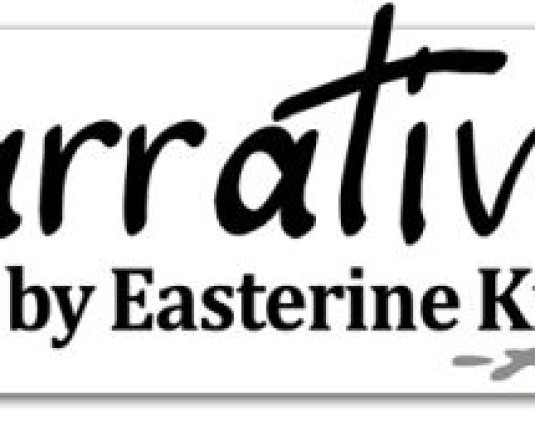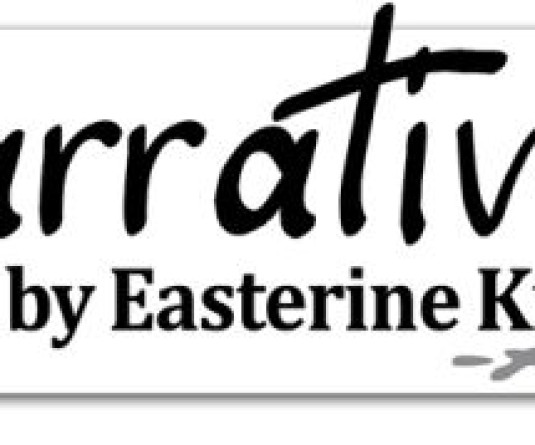
The educational tour organized by Livingstone Foundation Hr. Sec. School came to a happy conclusion on 15111 March 2006.
Twenty- seven of us were selected to go for the educational tour to Thailand. We had no words to express the thrill we had right from the word “go’. The weeks and months of preparation, the passport and visa acquisition, and then getting down to the minutest details of what to carry for personal belonging including the money, gripped us with inexplicable excitement.
On 7th of March, after having a brief prayer service, we left by Volvo bus to Guwahati to board the Bangkok bound plane the next day. At Bangkok, we were warmly received. A brief halt for lunch and then the “Success Travel” speeded for Pattaya - destination? - the Golden Beach Hotel - the venue and center of the entourage. The immense expanse of the deep blue sea, the panoramic view of the beach, who couldn’t be enchanted. The day was simply too short. We were served dinner in Thailand style, all new, variety of dishes, and the mouth waters even now. Open-air restaurants are widespread all over Thailand like mushrooms in a jungle. Any kind of food, of any country, just name it, you have it. The place is so neat and tidy - even the toilets are kept so neat and tidy.
Traveling to the Coral Island by the speedboat was a unique and thrilling experience. The daring ones did the parasailing too. While the boys did the parasailing, some of us girls tipped over from the boat and splashed into the salty water, gargling some down the throat, if it were not for the life jackets - oh, the heavens were in sight. On the shore to meet the tourists from all over the world - Germans, Americans, Australians, Britishers - was an eye-opener. To know their language, their accent, their background, their mindset, was truly educative.
Leaving Pattaya was tearful, because Pattaya was simply beautiful, gorgeous with azure sea and clear sky; no wonder it is called ‘heaven on earth’. Visiting Noong Nooch village, watching traditional cultural dances, Muai Thai demonstrations, elephant shows, not only brought one closer to another culture but it entertained us thoroughly and broadened our perspective. The motto of the tour, “the mind is like a parachute, it functions only when it is open” is all too obvious when we look back.
The Safari tour brought each one of us so close to the animals that we had never experienced before. Touclung tigers, watching chimpanzee perform acrobatics within hands reach, joining the chorus of the parakeets, ducking under the giraffe’s neck and much, much more!” Wow!” was all that we could utter. Then the “Dream world”, the Disney Land of Thailand could mesmerize anyone instantly. It was really a kind of dream, which one can ever dream. The place was like a fairy tale. We went for different kinds of rides, which included the roller coaster, Spiderman, hurricane, Vikings etc., we had a great time in the snow world too.
On one side is the safari tour, and on the other, the ride on the “Railway of Death”. The railway crosses- over the famous (or the infamous) “Bridge over the river Kwai”. The Thailand tour is not complete without having a ride on this train. It is called the death train because thousands of British, Australians, Asians and Americans have given their lives building this 415 Ian long railway. More than 300,000 prisoners of war and Asian workers were involved in making this railway line that would link Thailand to Burma with a bridge over the River Kwai. This linking was essential as the Japanese wanted and easy access to India through Burma to transport goods, weaponry and soldiers, thus rule over India. What was a five- year job was completed in sixteen months under heavy pressure and coercion. The Japanese were merciless and one would doubt whether they even had value for life. They compelled the prisoners of war to work day and night - at one point even thirty-six hours with candle lights and minimum of food. Anyone falling down with exhaustion or muscle tension was beaten to death. It is said more than 116,000 had perished by the time the railway was completed. That is why it is known as ‘,’Death Railway”. Traveling through on the rough and ragged mountain and through what was a virgin forest, one can only imagine who were those unsung heroes ‘’who gave their tomorrow for our today”. The train rattles precariously on a trestle bridge curve so slowly and creakingly that looking down the steep precipice a chill shiver runs through the spine.
Thailand is also famous for beautiful pagoda-styled temples and huge malls. The largest golden Buddha, the reclining Buddha, Buddha in various meditative postures one gets to see here. The land of the Buddha has left its imprint on general temperament and time. People are extremely courteous polite and peace loving. Yet, modernity is not lagging behind. The huge malls, the super departmental stores speak for themselves. Once in, you could spend a day and not know the time.
The gem store, one of the largest of its kind, if not the largest, the glistening stones tell you that Thailand is on par with any developed countries of the world.
Modernity combined with antiquity makes Thailand what it is. Through all these, we were able to see and experience different people, cultures, traditions and religions... people there are truly hard working and creative.
All journeys come to an end. At Bangkok we checked in at the Ambassador Hotel -the largest Hotel in Thailand with 5000 rooms!!! “Unbelievable! The ides of March could have been foreboding to Julius Caesar, but not to us the students of LFHSS. Thanks be to God, on 15th March, we landed safely at the Guwahati Airport where the Volvo bus was waiting to take us to Dimapur and where the eager parents were pacing up and down at the campus to take us home. The objective of this educational tour i.e. to expose us to new culture, new environment, to a new geographical area, to another world - thus to open up our minds - was, indeed, a reality. As the saying goes: “a mile of travel gives more knowledge than reading a mile long scroll”, who can doubt this adage.
Alotoli, Jenithung Kikon,
Nanchu S. Rengma, Sharon Tonikali et al.






